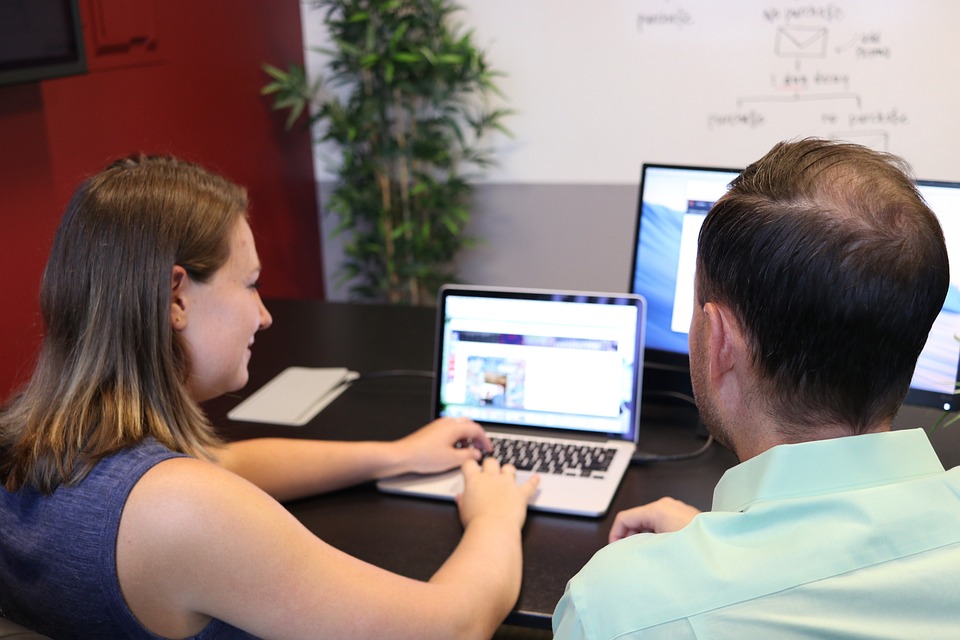Enterprise Resource Planning (ERP) developers are highly skilled professionals tasked with designing and implementing enterprise-wide software applications that address the specific needs of businesses. ERP developers play an essential role in ensuring that a business has the necessary systems and tools to operate efficiently, reduce costs, and increase profitability.
If you’re looking to become an ERP developer or are currently in the field and looking to upskill, it’s important to understand the essential skills required to become successful in this field. Here are some of the top skills that make for an excellent ERP developer:
1. Technical Skills: It’s crucial for ERP developers to have a strong technical background. They should have experience in programming languages such as Java, C++, and Python, as well as knowledge of database systems and enterprise software applications. Coding proficiency is essential, as developers must be able to read, write, and troubleshoot code. They should also be familiar with common ERP software, such as SAP, Oracle, and Microsoft Dynamics.
2. Strong Communication Skills: ERP developers need to communicate effectively across departments and must have excellent interpersonal skills. They must be comfortable working with both technical and non-technical stakeholders, including business analysts, project managers, and end-users. Additionally, they must be able to explain complex concepts in simple terms.
3. Analytical skills: ERP developers must possess sharp analytical skills to be able to identify and solve problems. This includes the ability to scrutinize complex data and systems, spot trends, and analyze them to develop effective solutions. They should be able to identify potential areas for improvement, diagnose issues, and develop plans to address them.
4. Strong Business Acumen: Since ERP developers work with businesses, it’s critical they have business acumen. They should be able to understand business operations and financial statements to develop solutions that meet overarching goals.
5. Project Management Skills: ERP developers must be able to manage multiple projects simultaneously, handling multiple tasks and priorities. They must be adept at multitasking, prioritizing workloads, and ensuring that all projects are delivered on time, within scope, and within budget.
6. Continuous Learning Skills: Technology is continuously evolving. Therefore, an ERP developer should have great learning skills to stay up-to-date with new tools and platforms, such as the cloud, big data, and artificial intelligence. Keeping up with new standards and technologies help the ERP developers develop effective, efficient, and competitive solutions.
In conclusion, a successful ERP developer needs a wide range of soft and hard skills—such as technical, communication, problem-solving, management, business acumen, and continuous learning skills. Obtaining excellent hard and soft skills will help an ERP developer to build and design quality products that satisfy client needs and help the company to achieve their business goals. Continual updating of these skills will boost an individual’s continuous professional development in the field of ERP development.




